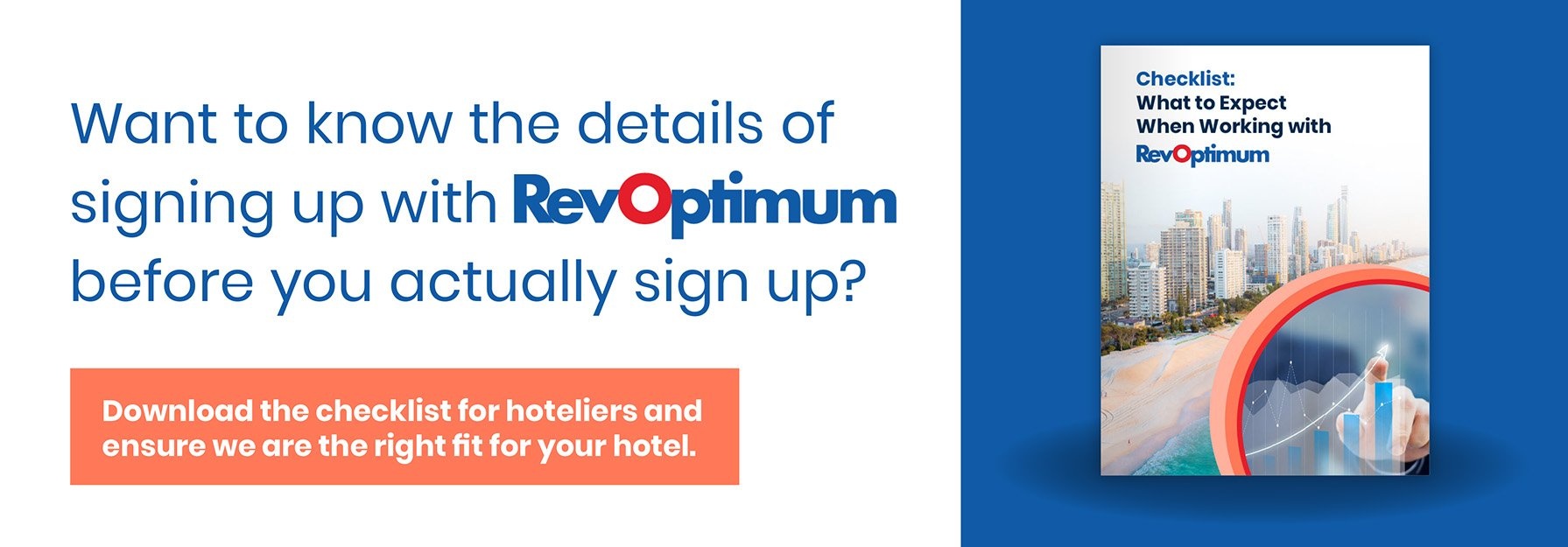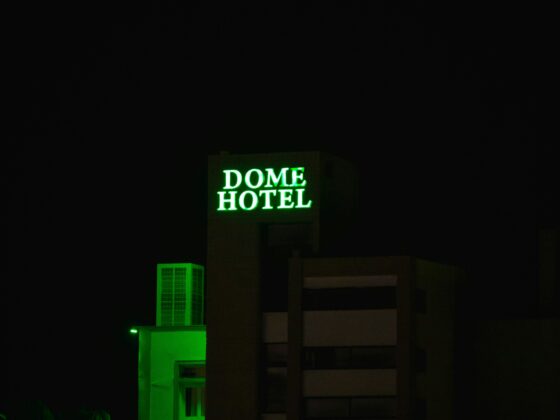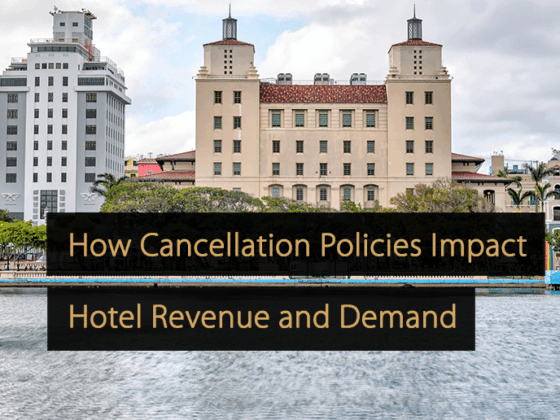The U.S. hospitality industry is facing an undeniable challenge—international travel is down, costs are rising, and finding qualified hotel staff is tougher than ever. With global economic uncertainty, visa backlogs, and shifting travel trends, hotels must adjust their strategies to maintain occupancy and revenue. The question is: how can your hotel offset the loss of international travelers and sustain profitability?
The answer lies in smart revenue management strategies and targeted marketing to domestic travelers who are still eager to explore. By shifting focus, optimizing rates, and maximizing existing resources, hotels can replace lost business and sustain growth in this unpredictable travel climate. Here’s how:
1. Target the Booming Domestic Travel Market
With fewer international visitors, hotels must tap into the growing U.S. travel market to fill the gaps. Domestic travelers are looking for local getaways, road trip destinations, and work-from-hotel stays. Key strategies include:
-
Staycation Packages: Market to local guests seeking weekend escapes with spa, dining, and activity add-ons.
-
Road Trip Promotions: Offer incentives like free parking, gas cards, or extended stays for travelers within driving distance.
-
Bleisure Travel Focus: Business travelers are blending work and leisure—create packages that encourage extended stays and remote work perks.
-
Loyalty & Referral Programs: Reward repeat guests and incentivize them to bring friends or family along.
2. Optimize Pricing with Strategic Revenue Management
Revenue management is more crucial than ever in an uncertain travel market. Hotels that adjust pricing dynamically based on demand, competition, and seasonality can maximize profitability while staying competitive. Key revenue tactics include:
-
Segmented Pricing: Adjust rates based on travel trends—offer discounts for longer stays, midweek travelers, or loyalty members.
-
Dynamic Rate Optimization: Use data-driven pricing strategies to capture demand from fluctuating markets.
-
Flexible Booking Policies: Offer refundable and flexible cancellation policies to encourage domestic bookings.
-
OTA & Direct Booking Balance: Diversify distribution while driving direct bookings with perks like free breakfast or room upgrades.
3. Adjust Marketing Strategies for Domestic Appeal
To fill the void left by international travelers, hotels must refine their messaging and promotions to resonate with U.S.-based guests. Consider these marketing adjustments:
-
Geo-Targeted Ads: Use digital marketing campaigns that focus on nearby cities and regions where travelers are more likely to book.
-
Highlight Local Attractions: Promote nearby events, festivals, and seasonal activities that attract domestic visitors.
-
Social Media & Influencer Partnerships: Work with travel influencers who cater to U.S. audiences looking for local getaways.
-
Email Campaigns & Retargeting: Re-engage past guests with special offers and reminders about their next stay.
4. Adapt to Rising Costs & Labor Shortages
Beyond declining international travel, rising operational costs and labor shortages add to the challenge. Hotels must find ways to streamline operations without sacrificing guest satisfaction. Here’s how:
-
Invest in Automation: Utilize AI-driven chatbots, self-check-in kiosks, and automated revenue management tools to reduce labor dependency.
-
Cross-Train Staff: Maximize efficiency by training employees to handle multiple roles, improving flexibility and reducing hiring gaps.
-
Increase Ancillary Revenue: Offset rising costs by upselling amenities, offering premium experiences, and optimizing F&B sales.
-
Lean on Revenue Management Experts: Partnering with revenue management specialists like RevOptimumensures that your pricing, distribution, and revenue strategies remain profitable, even in tough times.
5. Diversify Revenue Streams Beyond Room Bookings
When travel demand is unpredictable, hotels must expand revenue sources beyond traditional room bookings. Innovative revenue strategies include:
-
Day-Use & Remote Work Packages: Cater to remote workers and business professionals who need a workspace.
-
Membership Programs: Offer local residents access to hotel amenities like the pool, gym, and spa.
-
Event & Meeting Space Rentals: Promote conference rooms and event venues to businesses and organizations.
-
F&B & Experience Upsells: Maximize restaurant, bar, and wellness offerings with special promotions.
Conclusion: Future-Proofing Your Hotel’s Success
The decline in international travel and rising operational costs pose significant challenges for hotels, but with the right revenue management strategies, these obstacles can be turned into opportunities. By focusing on domestic travelers, optimizing pricing, enhancing marketing, and diversifying revenue streams, hotels can maintain occupancy and revenue—even in uncertain times.
RevOptimum specializes in helping hotels navigate industry challenges with expert revenue management strategies tailored to your needs. Let’s maximize your revenue and keep your hotel thriving, no matter the market conditions.
📩 Contact us today to learn how we can optimize your hotel’s profitability.
Leave Hotel Revenue Management to the experts.
We know you are business as a hotelier, and we know running a hotel requires focus and work in multiple aspects. Leave the hotel revenue management to RevOptimum. We are ready to start boosting RevPAR for your hotel, while you can focus on increasing your direct bookings.
RevOptimum is known as the pioneer in remote revenue management. Our team digs into your hotel’s metrics, monitors broader markets, and personalizes a revenue management strategy to your hotel’s unique needs.
Want to see what it’s like working with RevOptimum? Download our checklist, “What to Expect When Working with RevOptimum” and see how our team can increase your hotel’s revenue.









